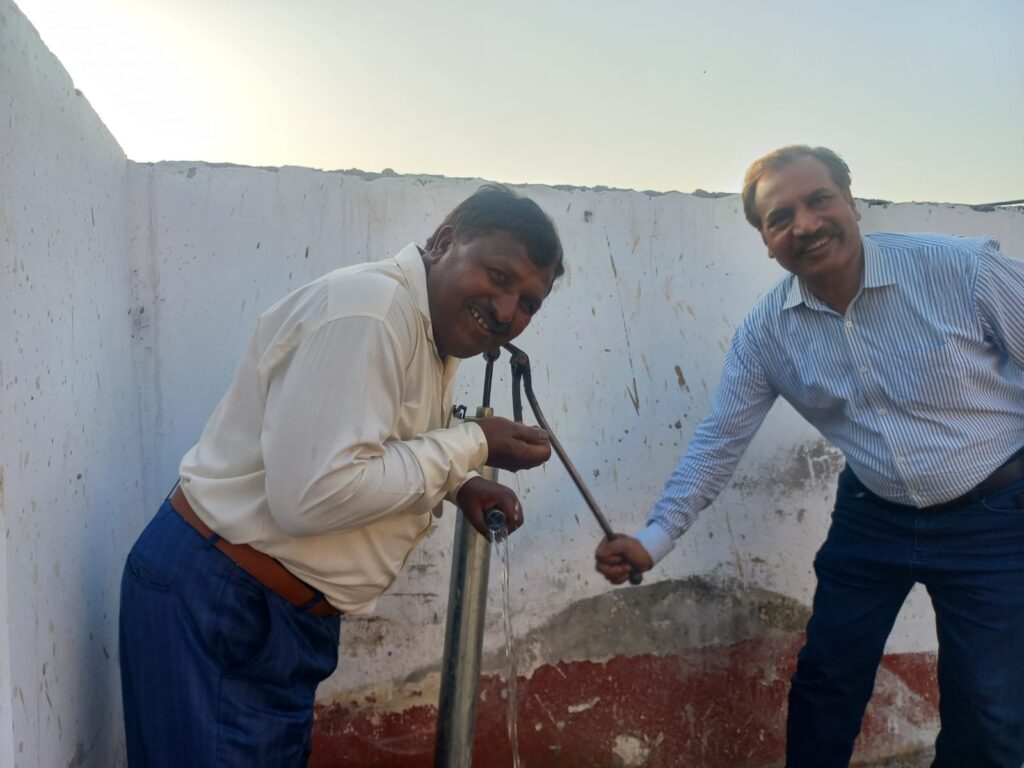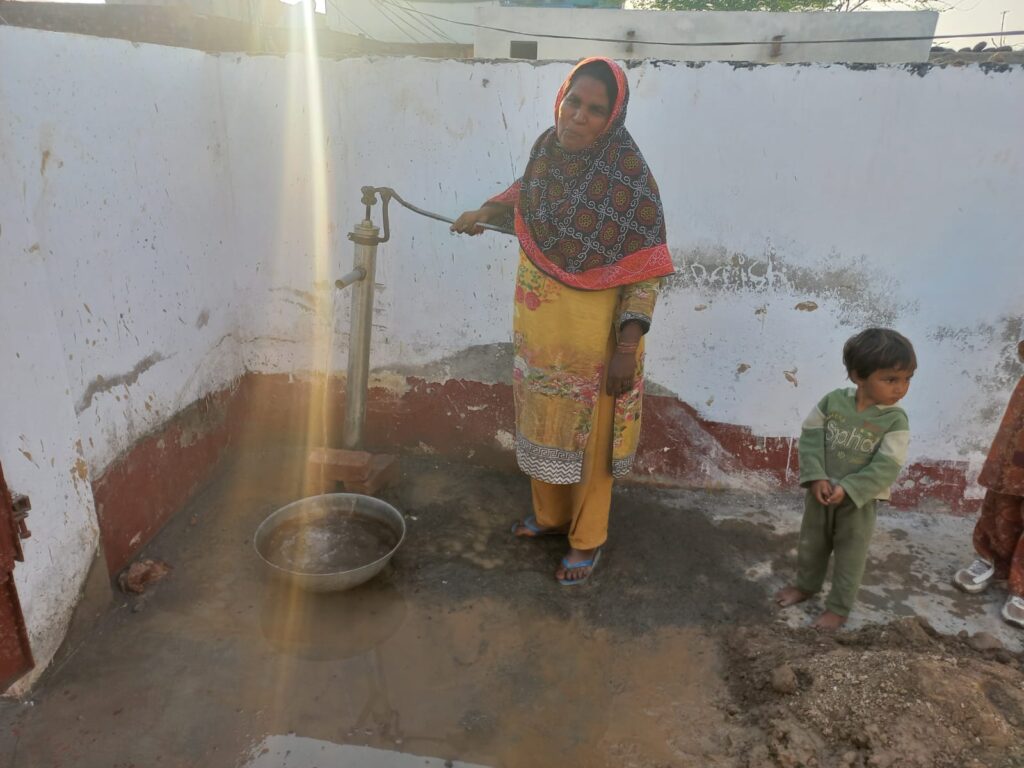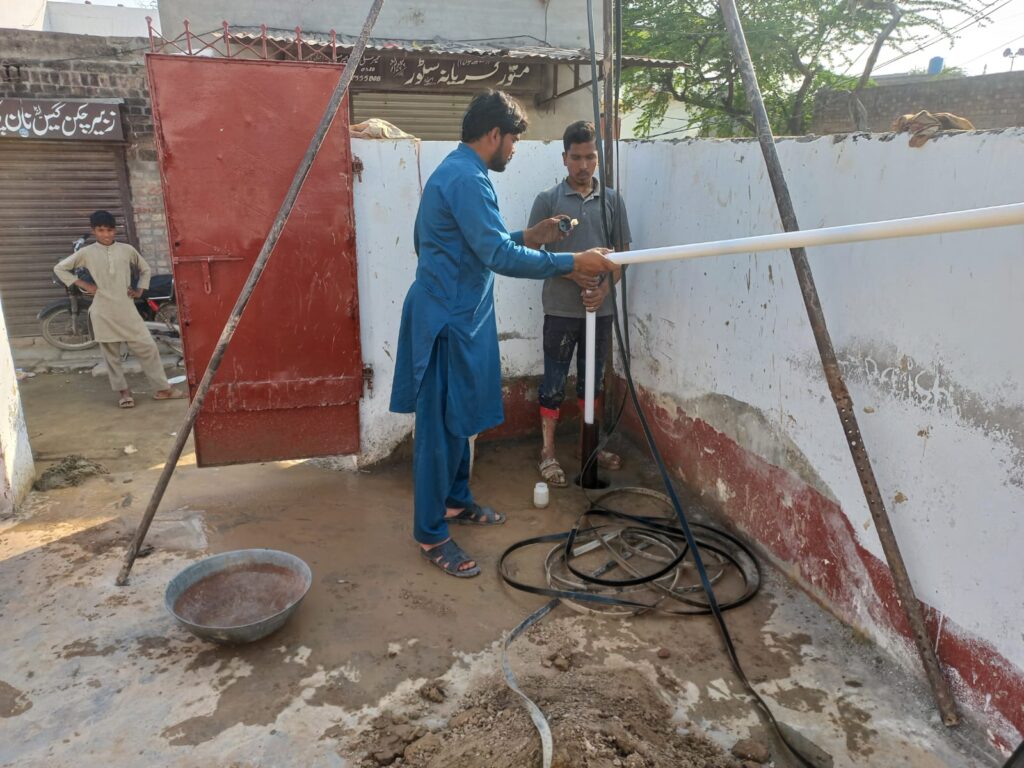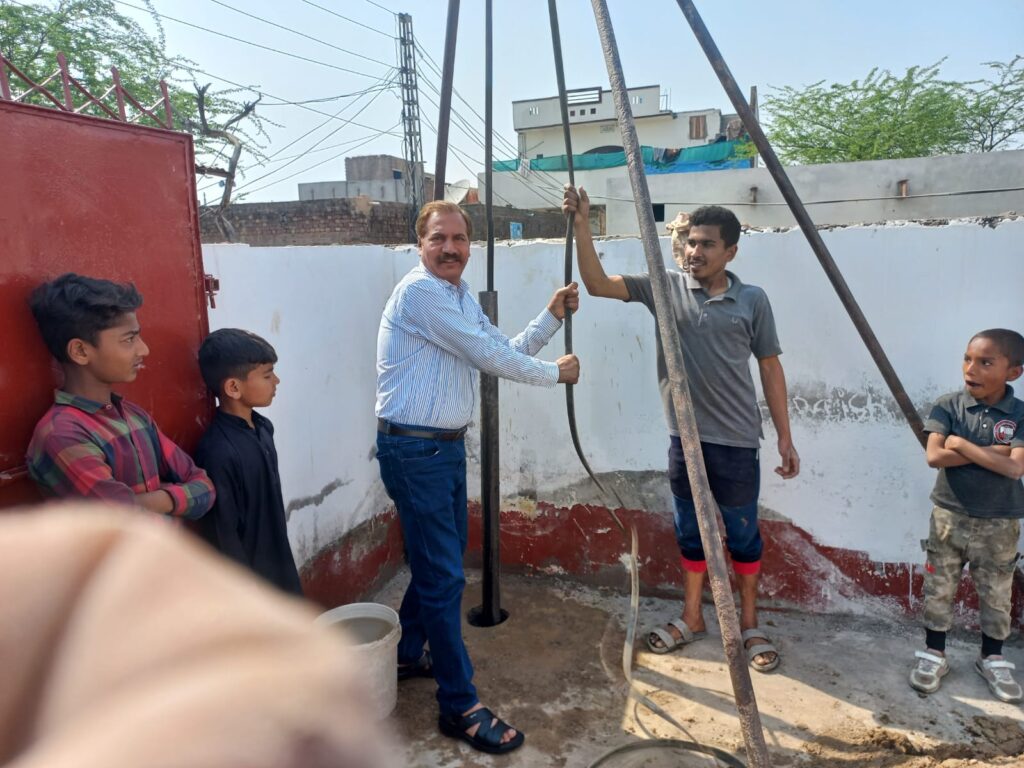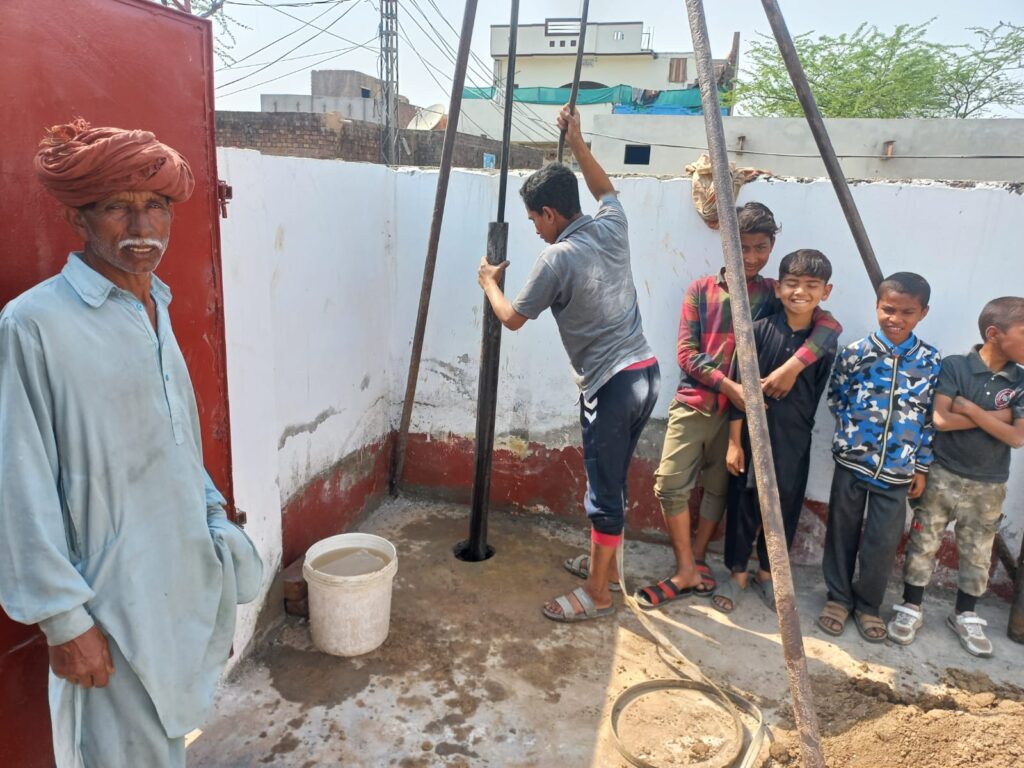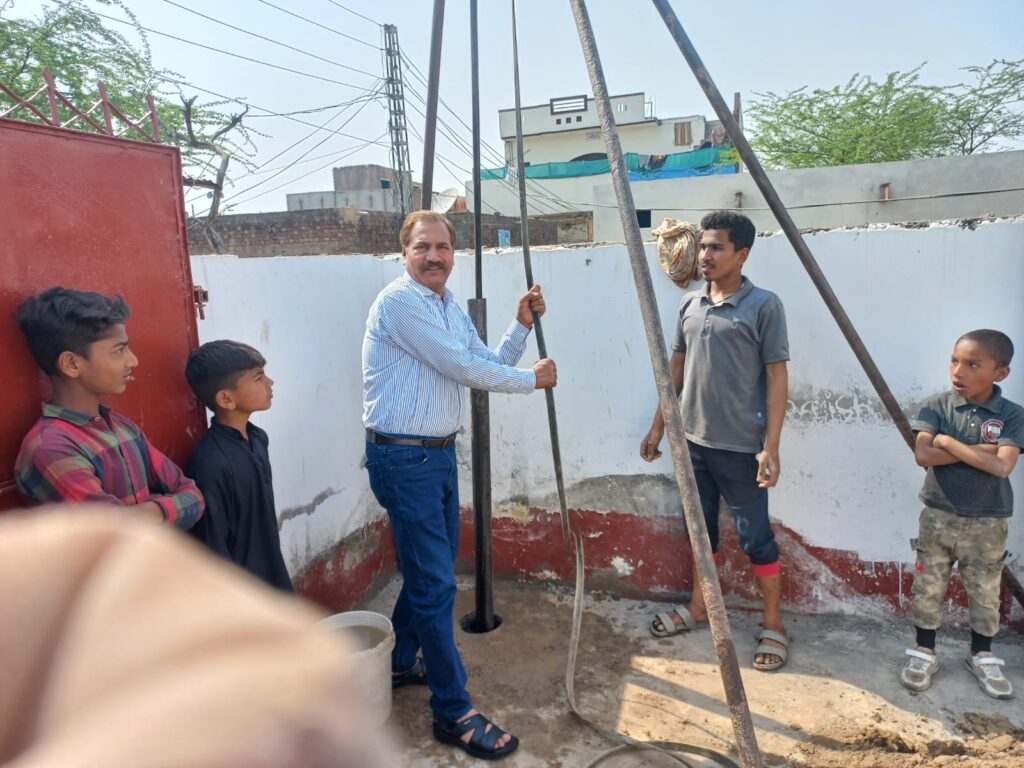The overall situation of water and sanitation in Pakistan is very miserable. There is considerable evidence that 768 million people in the world don’t have access to safe water. 2.5 billion People don’t have access to adequate sanitation, almost two-fifths of the world’s population.
15.9 Million People in Pakistan don’t have access to safe water. Over 93 million people don’t have access to adequate sanitation in Pakistan, over half of the population. Over 40,000 children die every year from diarrhea caused by unsafe water and poor sanitation in Pakistan.
People don’t have clean drinking water, they don’t have hygiene facilities particular in slums as well as rural areas of Pakistan because they are living in ultra-poor conditions.
Where there is nowhere safe and clean to go to the toilet, people are exposed to disease, lack of privacy and indignity. When communities defecate in the open, disease spreads fast and water sources are polluted. Women and girls often have to wait until dark to go to the bush or a discreet part of town to defecate, where they are at risk of attack and abuse. Improved sanitation has proven impacts on health, quality of life and poverty reduction
In Pakistan most of People don’t have a toilet at home; it subsided, so they go to the bushes. They feel bad when they have to go there. Woman always worry that someone will pass and see you going to the toilet.
Woman also worried that they might step on the faeces and brings diseases home.EC’s Clean Water and Sanitation programs aim to make measurable and sustainable improvements in water supply, sanitation, hygiene, and the overall environment in the communities we serve.
We recognize that in order to successfully improve health in developing areas of Pakistan, programs must be comprehensive, targeting both the direct and indirect causes of poor health. We therefore integrate our water and sanitation projects into our health programs, as well as development of community.
